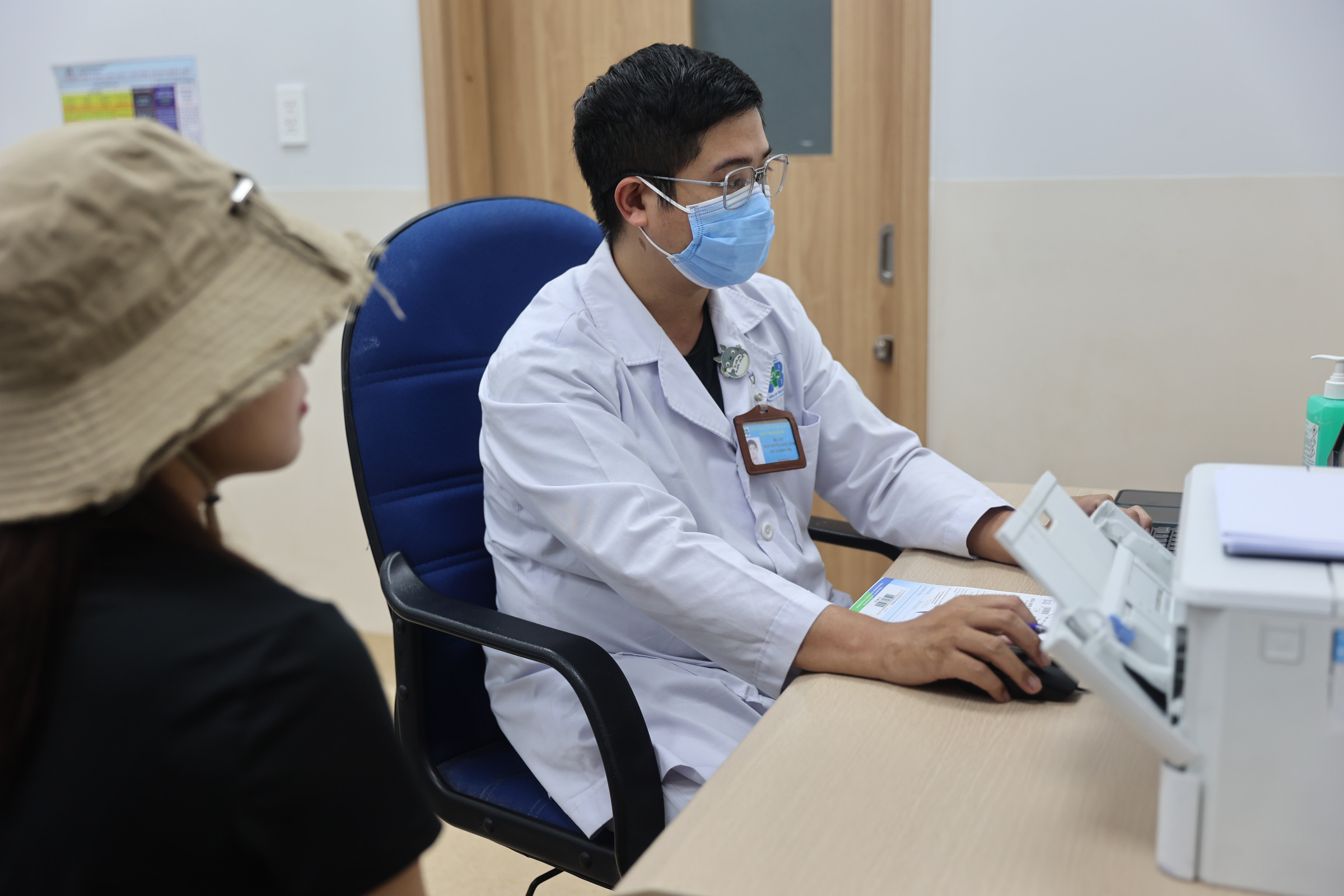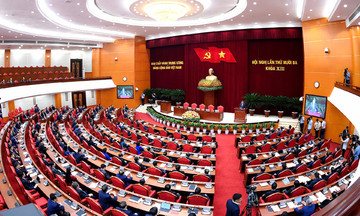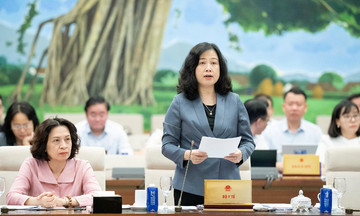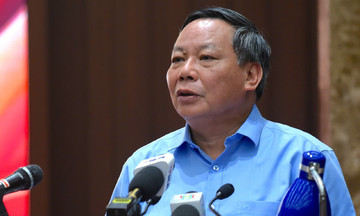On 9/9/2025, the Politburo issued Resolution 72 outlining groundbreaking solutions to strengthen public health protection, care, and improvement.
The resolution sets specific goals: by 2030, to enhance the physical and intellectual strength, stature, and healthy lifespan of the population. The average height of children and adolescents aged 1 to 18 should increase by at least 1.5 cm; the average life expectancy should reach 75.5 years, with at least 68 healthy years.
Starting in 2026, citizens will receive free annual health check-ups or screenings; electronic health records will be established for lifecycle health management, gradually reducing the financial burden of healthcare. Health insurance coverage will reach 95%.
By 2030, citizens will receive basic healthcare coverage within their health insurance benefits, achieving universal health insurance coverage and developing various health insurance options.
All commune-level health stations will receive investments in facilities, medical equipment, and personnel, striving to have at least 4 to 5 doctors per station by 2027.
By 2045, Vietnam aims to achieve a high-quality living environment, with health indicators and essential healthcare service coverage on par with developed countries in the region and globally. The average life expectancy will exceed 80 years, with healthy years increasing to 71. The physical strength and height of young people will be comparable to those in countries with similar levels of development. The healthcare system will be "modern, equitable, effective, sustainable, prioritizing disease prevention, and meeting the increasingly diverse and demanding healthcare needs".
 |
A doctor examines a patient at a hospital in TP HCM, June 2024. Photo: Quynh Tran |
A doctor examines a patient at a hospital in TP HCM, June 2024. Photo: Quynh Tran
The Politburo calls upon all Party committees, organizations, and members to innovate their thinking and actions in protecting and improving public health. April 7 (World Health Day) will be observed as National Health Day.
The consumption of tobacco, alcohol, narcotics, and other harmful products will be reduced. National programs and strategies on nutrition, physical fitness, stature, longevity, and school health will be effectively implemented. Disease prevention through nutrition will be emphasized throughout the life cycle, ensuring balanced diets, nutritional content, meal quality, and suitability to physical conditions, culture, and economic circumstances of Vietnamese people.
At least 1,000 doctors will be rotated annually to commune health stations.
According to the Resolution, some hospitals under the Ministry of Health will be transferred to provincial management. The Ministry will retain specialized, leading hospitals for professional guidance, high-quality personnel training, research, technology transfer, epidemic prevention and control coordination, public health emergency response, and disaster relief.
The preventive healthcare system's capacity for disease surveillance, warning, and timely control will be enhanced. The Expanded Immunization Program will be strengthened. People are encouraged to undergo premarital health check-ups, prenatal and neonatal screenings, and screenings for common diseases based on age and population groups.
The quality of primary healthcare will be improved by enhancing the functions, tasks, and apparatus of commune health stations, ensuring the provision of basic disease prevention, primary healthcare, medical examination and treatment, and social services. From 2025 to 2030, localities will rotate at least 1,000 doctors annually to commune health stations; by 2030, all stations will have sufficient doctors.
Vietnam will develop specialized, high-quality medical centers on par with regional standards, attracting medical tourism and reducing the need for citizens to seek treatment abroad. Each province will have at least one specialized hospital, along with geriatric hospitals or general hospitals with geriatric departments. Traditional medicine and medicinal herbs will continue to be developed, with expanded cultivation areas for medicinal plants.
Special treatment for medical staff
The quality of healthcare human resources will be improved to meet international integration standards. Medical staff must adhere to the motto "doctors are like loving mothers". Negligence in hospitals and acts of aggression against medical personnel will be strictly dealt with.
The medical profession is recognized as a special profession requiring preferential treatment policies. Doctors, preventive medicine doctors, and pharmacists will be classified from the second level of the professional title. Medical staff directly involved in specialized work at commune health stations will receive a minimum 70% allowance increase, and 100% in ethnic minority, mountainous, and disadvantaged areas. Those in psychiatry, forensic medicine, forensic psychiatry, emergency resuscitation, and surgical pathology will also receive a 100% preferential allowance.
Vietnam will attract foreign investment and high-quality experts; talented students and medical staff will be sent abroad for specialized training through government funding and scholarships.
State budget to cover some chronic diseases
The state budget will prioritize and increase annual spending on public healthcare, including free periodic health check-ups. Starting in 2026, the health sector will organize free health examinations for students, workers, occupational health examinations, and health insurance examinations. It will also support extra-hospital emergency transportation costs for certain social policy groups.
The free healthcare policy will be implemented gradually, starting with social policy beneficiaries, vulnerable groups, low-income individuals, and prioritized groups within the scope of health insurance. From 2026, the rate and level of payment for disease prevention, early diagnosis, and treatment of some diseases will gradually increase. The state budget and health insurance fund will cover some preventive services, chronic disease management, periodic health examinations, and screenings upon request.
The health insurance fund will improve management efficiency, ensure sustainable use, and increase spending on medical examination and treatment. Health insurance packages will be diversified.
Private healthcare will be promoted, with the state encouraging the construction of large-scale private hospitals with specialized techniques comparable to those in developed countries.
Vu Tuan












